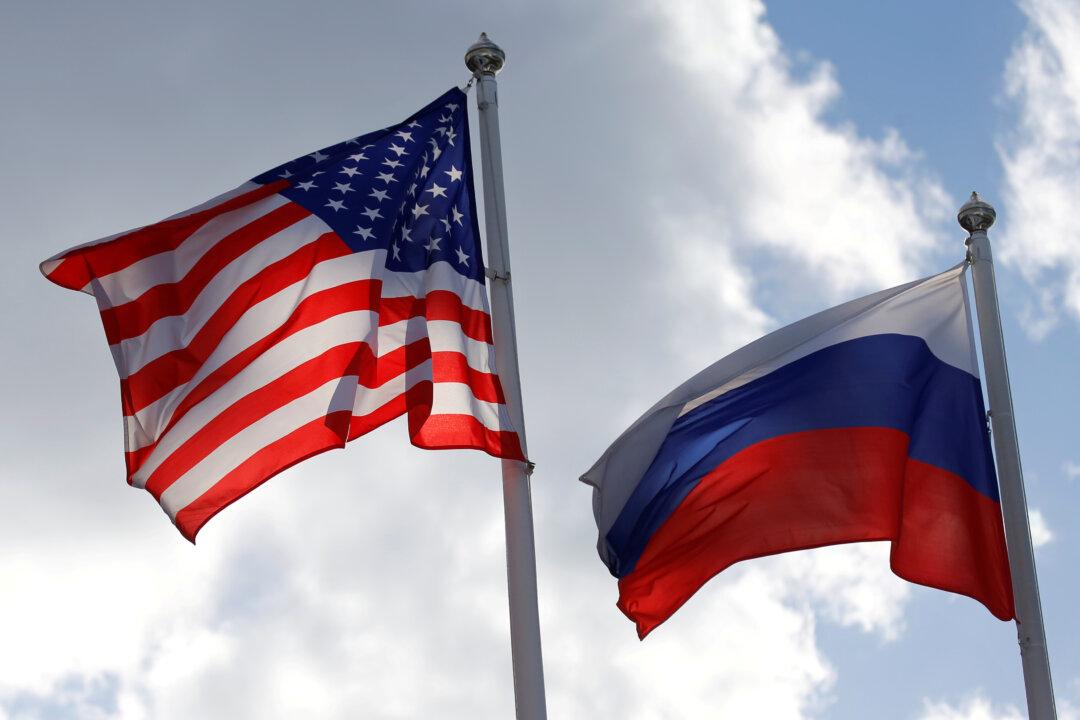Three U.S. diplomats were removed from a train and briefly detained in northwestern Russia near the military test site where at least five workers were killed in August after a mysterious explosion released radiation.
The news was reported by Russian state news agency Interfax, which stated that the three American diplomats were detained on Oct. 14 as they arrived in the city of Severodvinsk, which has a population of 183,000.





